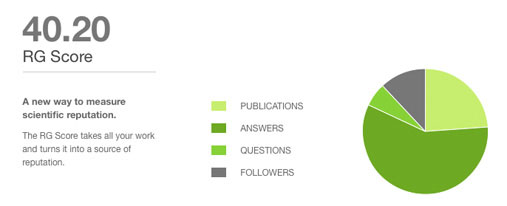Honourable hackers
11 Jul, 13 | by BMJ
BMJ hack day’s winning project – a smartphone app for patients to collect and compute home blood pressure readings – has triggered lots of social media attention and press coverage in titles such as Medical News Today, Nursing in Practice, and Mobile World Live.
The two other winners – a revision game for medical students to compete with each other using BMJ OnExamination data, and an Open Access Button that creates a “map of frustration” each time a reader hits a journal article paywall, have also generated a fair degree of attention. This BMJ article explains more.
But what of the other 10 projects? Four more idea were deservedly singled out for “honourable mentions” by BMJ chief executive Tim Brooks and his fellow judges.






